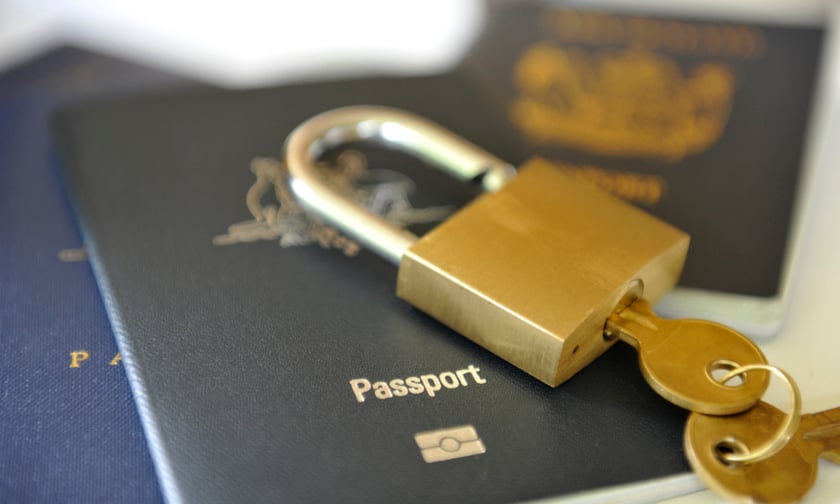

Despite the persistence of the COVID-19 pandemic, some countries and industries see life returning to normal, but the same cannot be said for the travel insurance industry. Southern Cross Travel Insurance (SCTI) recently revealed that it paid over $600,000 in travel insurance claims due to the impact of the COVID-19 omicron variant.
In a press release, SCTI revealed that it paid out more than $600,000 in travel insurance claims because the omicron variant caused mass chaos and disruption over the festive and summer periods as the wave peaked in Australia, forcing many travellers to cancel their trips or change their itineraries despite being overseas. Since then, the insurer has received an influx of COVID-19-related claims.
At the beginning of 2022, COVID-19-related claims accounted for 33% of the total claims received across international (from SCTI's international travel insurance TravelCare Australia) and domestic travel insurance products in Australia – and SCTI paid out 82% of COVID-19-related claims received between January 01 and May 31, totalling $630,690. The remaining 18% of claims are still being reviewed, had been declined, were under the policy excess, or could not be finalised because the customer failed to provide sufficient documents.
SCIT further revealed that most of the COVID-19-related claims it received were for medical care and travel disruptions that occurred when customers contracted the virus while on holiday.
For international travel insurance, SCTI's TravelCare Australia reported that 81% of the claims it received to date were from people who had been diagnosed with COVID-19 while overseas. Meanwhile, 52% of claims for SCTI's domestic travel insurance were from people who had been diagnosed with COVID-19 during their journey.
“We launched COVID cover in August 2021 because we knew that this was really important for customers, especially in this new environment where peace of mind is paramount. Our research shows that two-thirds (60%) of Australian travellers now rank a level of COVID-19 cover in their top three most important features of travel insurance,” said SCTI CEO Jo McCauley.
“However, it's fair to say that the Omicron variant presented a substantial operational challenge to our business, especially at the start of the year, as our contact centre and claims teams received a significant volume of enquiries and claims from customers impacted by Omicron over the summer break. Unlike other travel insurers, we didn't pause the sale of policies in Australia.”
Despite the challenges facing the travel insurance industry, McCauley acknowledged some positives from the pandemic.
“We're certainly starting to see our customers engage a lot more with their travel insurance policy,” McCauley said. “We're experiencing customers contacting us a lot more than they used to, asking us a lot more detailed and hypothetical questions about what would occur in a certain situation. It's fantastic to see that customers are really engaging with the policy they're buying because it shows us that they value travel insurance, and they're really taking the time to understand how their travel insurance will cover them. I'm really hoping that this is a trend that we'll see continue.”
